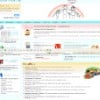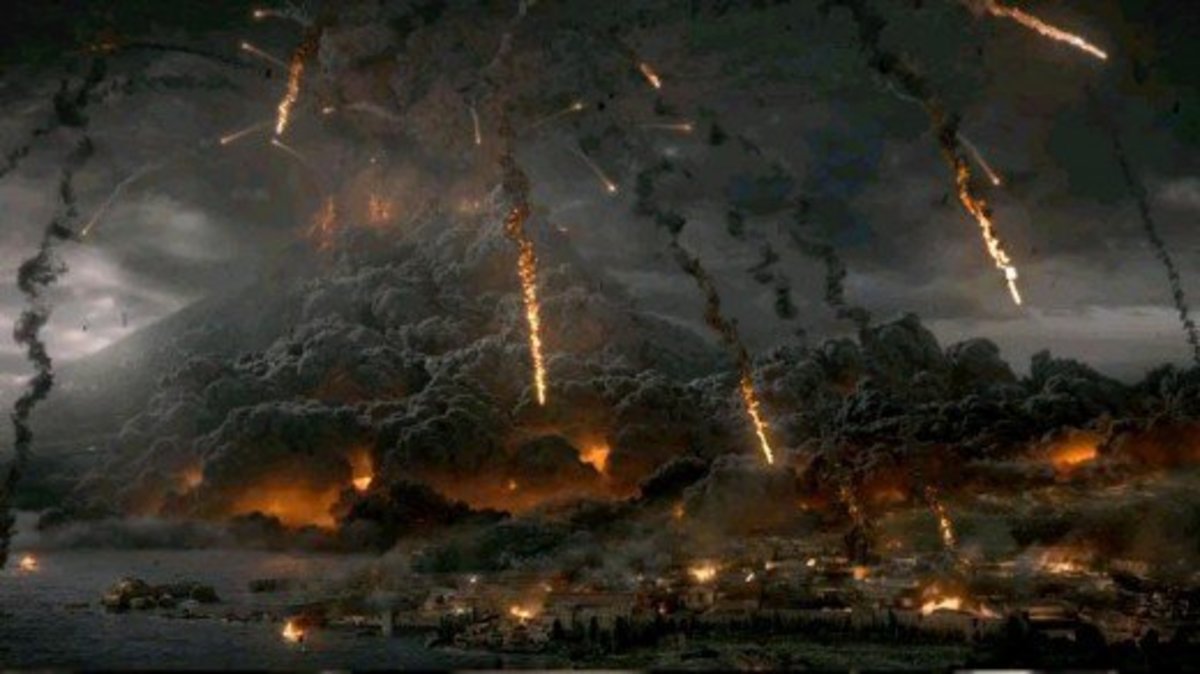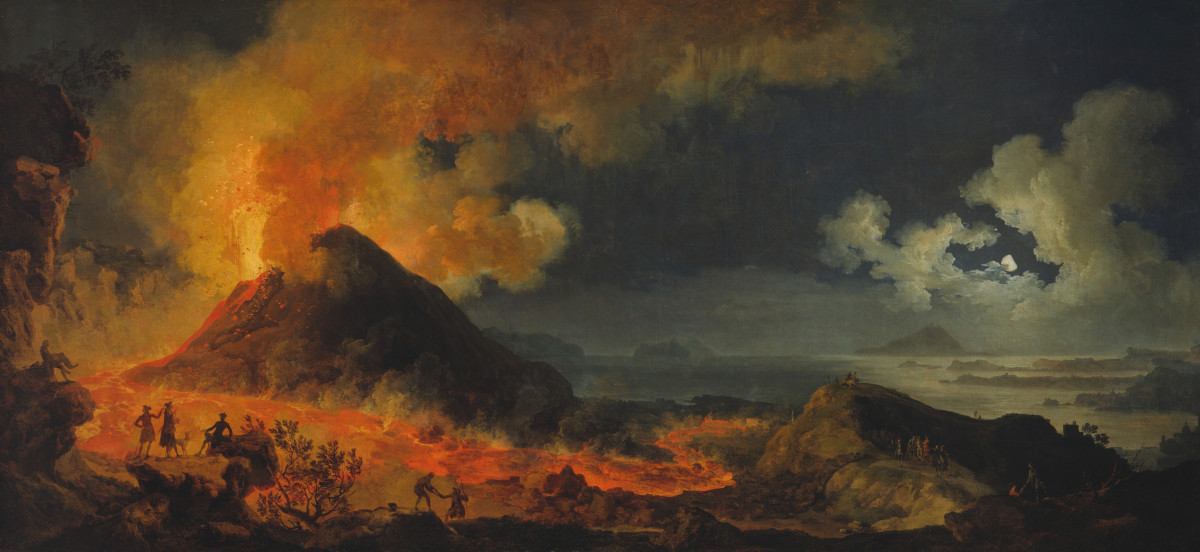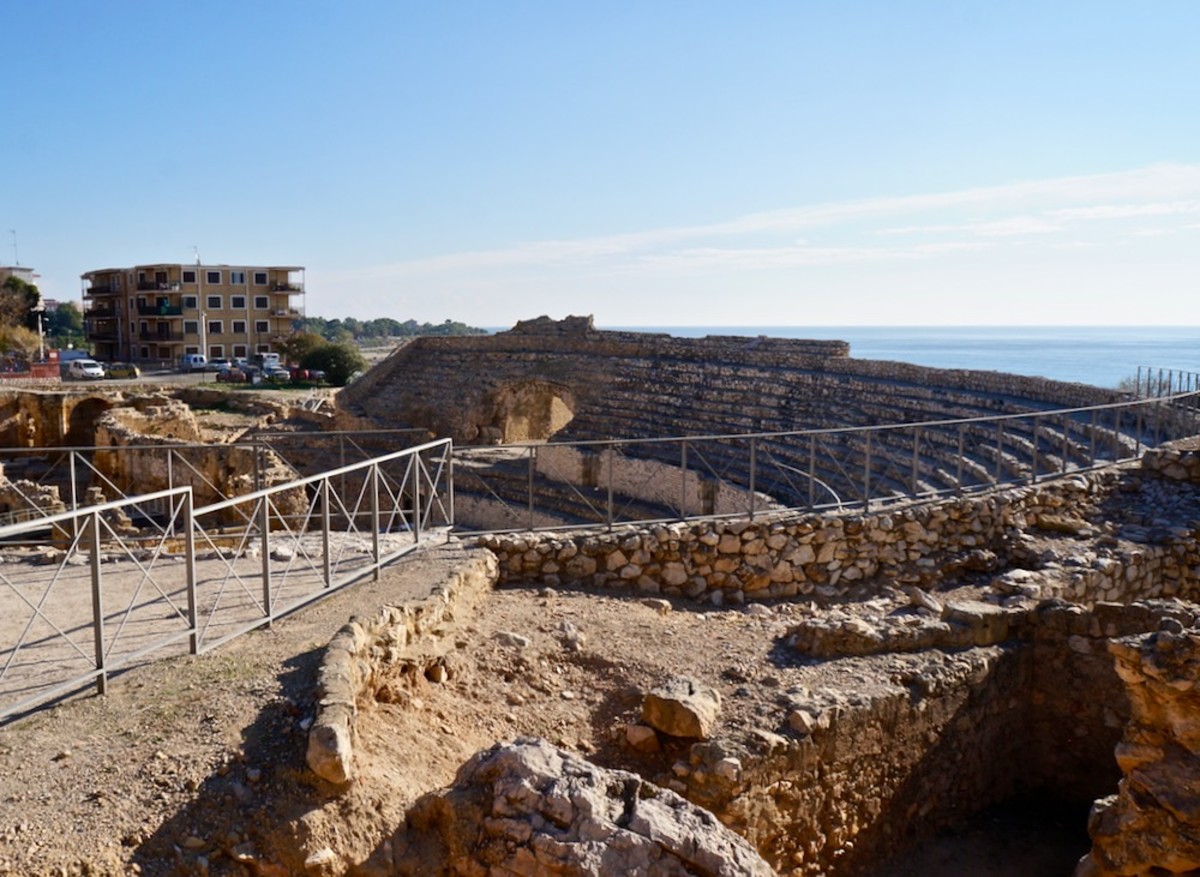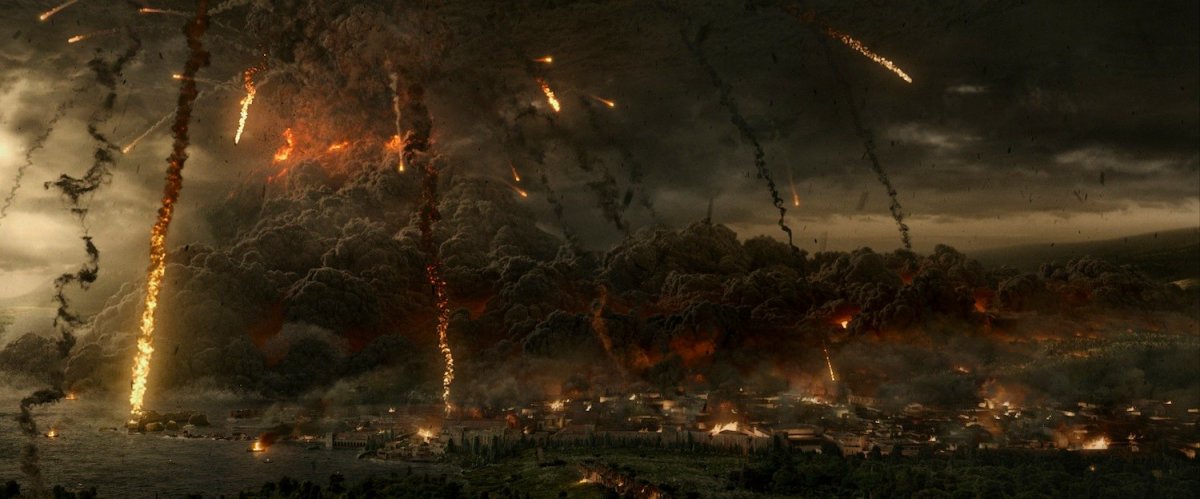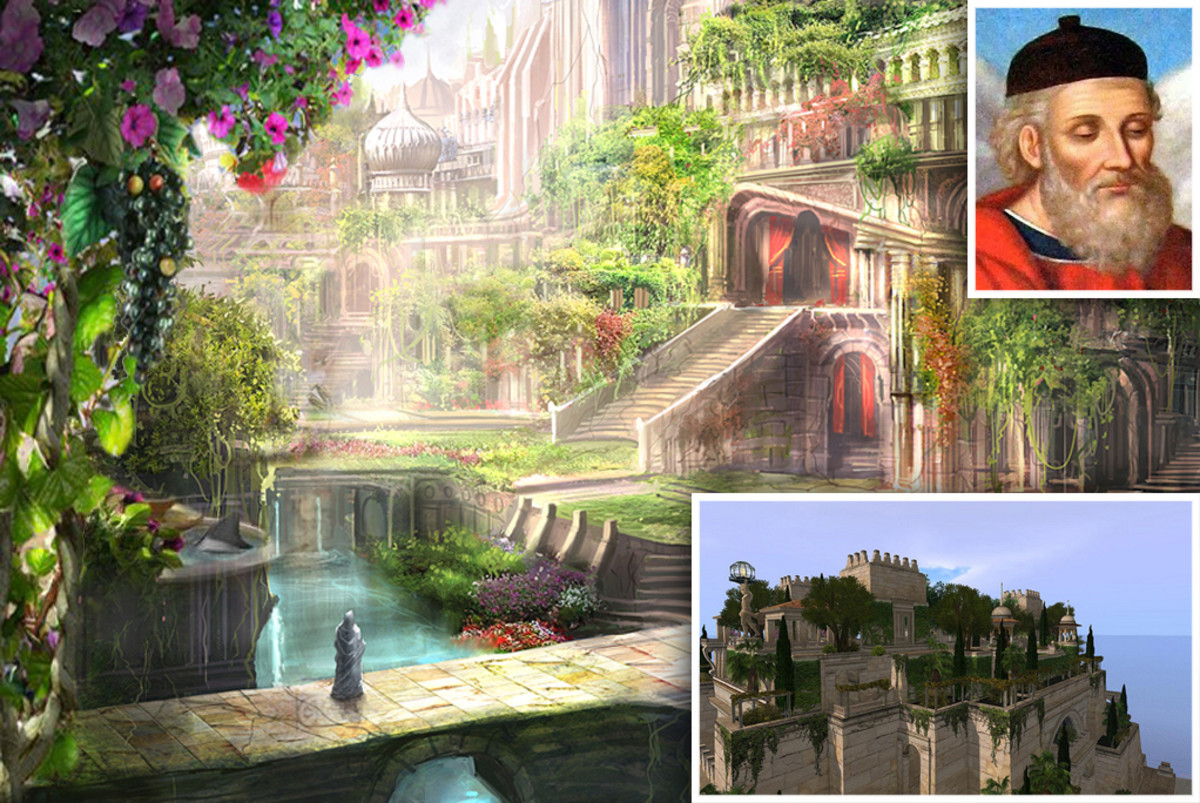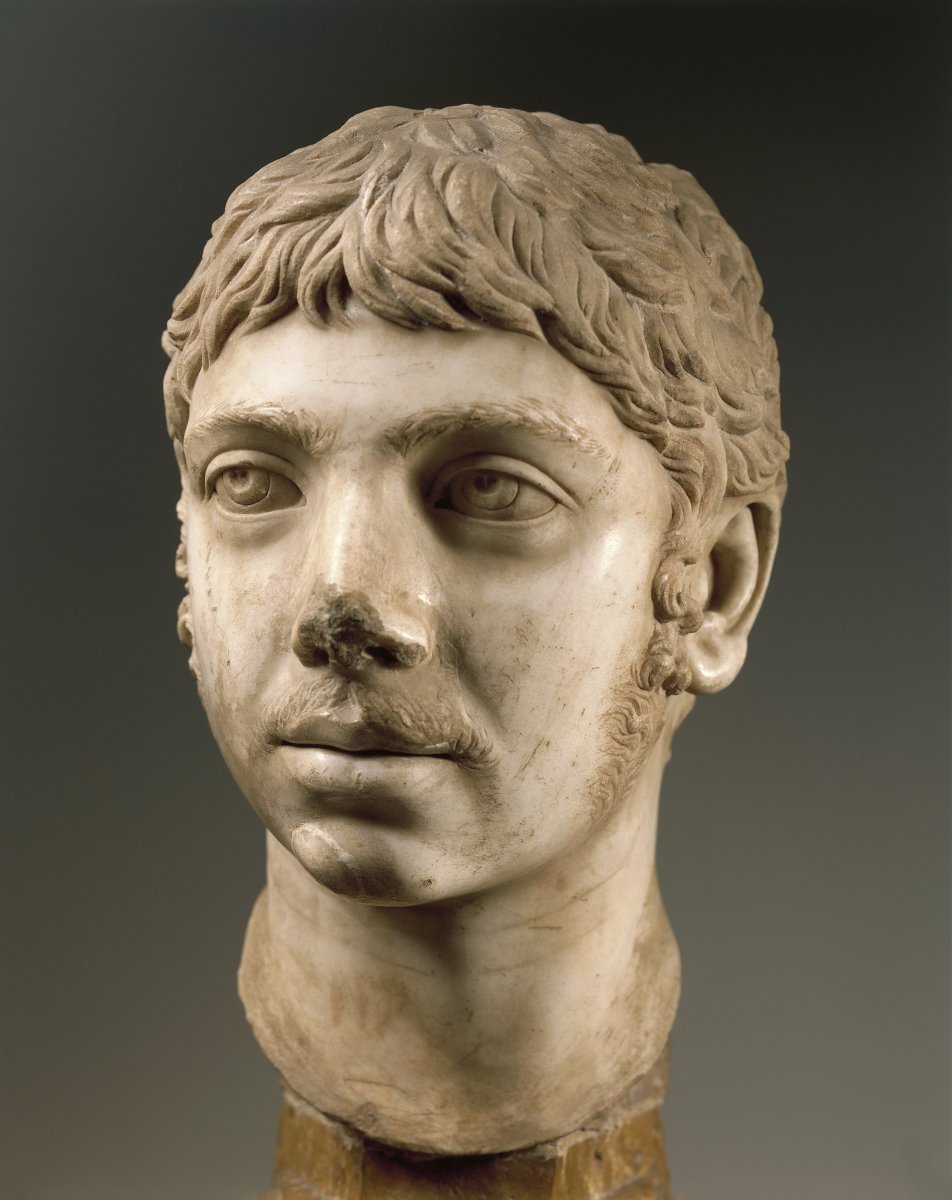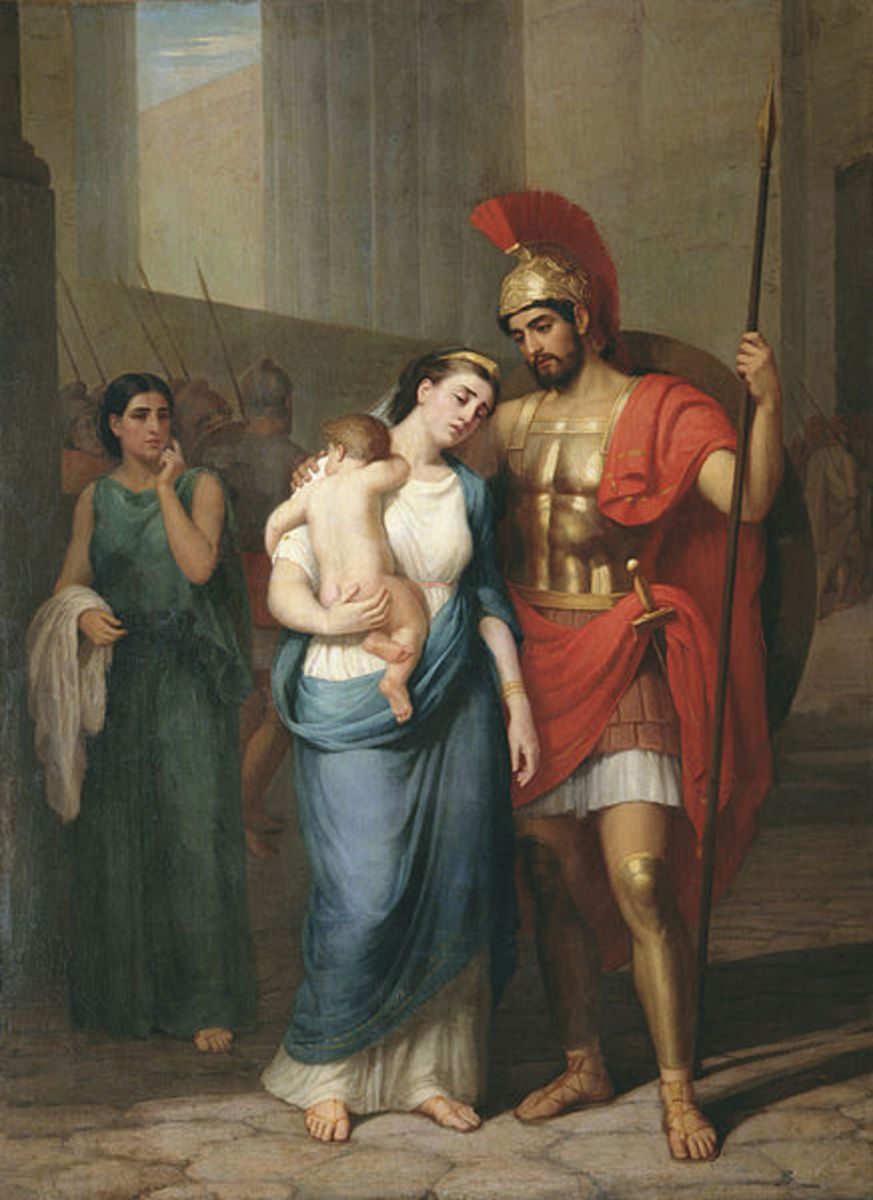- HubPages»
- Education and Science»
- History & Archaeology»
- Ancient History
A visit to the ruins of Pompeii
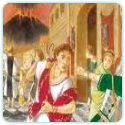
Have you heard of Pompeii?
Pompei, known as Pompeii in ancient times, is a popular tourist town in Italy today. Once upon a time, Pompeii was a flourishing Roman city. But one day, in August 79 AD, it suddenly got completely submerged by the lava and ash of the volcano Mt Vesuvius. Two thousand people, around 10% of the city’s population, died in the eruption.
Pompeii was discovered by chance, almost 1,600 years later after the disaster. Archaeologists were stunned to find a whole city under the 6-metre thick layer of volcanic ash, frozen in time, with all houses, buildings and streets intact.
A visit to these ruins takes you back to August 79 AD, when Pompeii was a commercial centre and a resort for the Roman nobility. The rich and the privileged lived in palatial houses, while ordinary people and slaves stayed in simple dwellings. Many houses still contain furniture, ornaments, gold and silverware, work tools, kitchenware, bronze and terracotta lamps, grain mills and grindstones. Beautiful frescoes and sculptures still survive in some of these homes. Everything speaks of the glory and prosperity of the city.
In the now famous The Last Days of Pompeii, British journalist and poet Edward Bulwer-Lytton describes the destruction of Pompeii and the life of its people. He particularly mentions one house that had a lovely mosaic of a dog at the entrance way. At just that moment the volcano erupts — “a vast vapor shooting from the summit of Vesuvius, in the form of a gigantic pine-tree; the trunk, blackness; the branches; fire! — a fire that shifted and wavered in its hues with every moment, now fiercely luminous, now a dull and dying red, that again blazed terrifically forth with intolerable glare”. The earth shook, and ash and stones fell from the blackened sky…
Lytton describes how some people took advantage of the panic and confusion and started looting houses. They became so involved in looting that they lost their chance to escape. However, there were many who “behaved nobly”, people who thought of their friends and, despite the risks involved, bravely went to their aid. Historians say the eruption of Mt Vesuvius lasted for two whole days, with several metres of ash and pumice settling over the city.
The Last Days of Pompeii poses a fundamental question: What is the most important thing in life, the most important thing for human beings? It states, “Life is short. We never know what will happen; everything is constantly changing.”
Those who survived the disaster were most likely those who ran out of the city immediately. Interestingly, the majority of those who died in the eruption were members of the wealthy class and their servants. Perhaps they were reluctant to leave their fine homes, or they spent too much time trying to gather and find a means to transport their possessions, thus losing the opportunity to escape. Some were discovered clasping sacks of gold or silver, or precious ornaments and jewelery. Or perhaps they thought that their sturdy homes and cellars would protect them from the eruption.
Unfortunately, the roofs collapsed and buried them, or the scorching heat of blasts caused by the eruption killed them.
